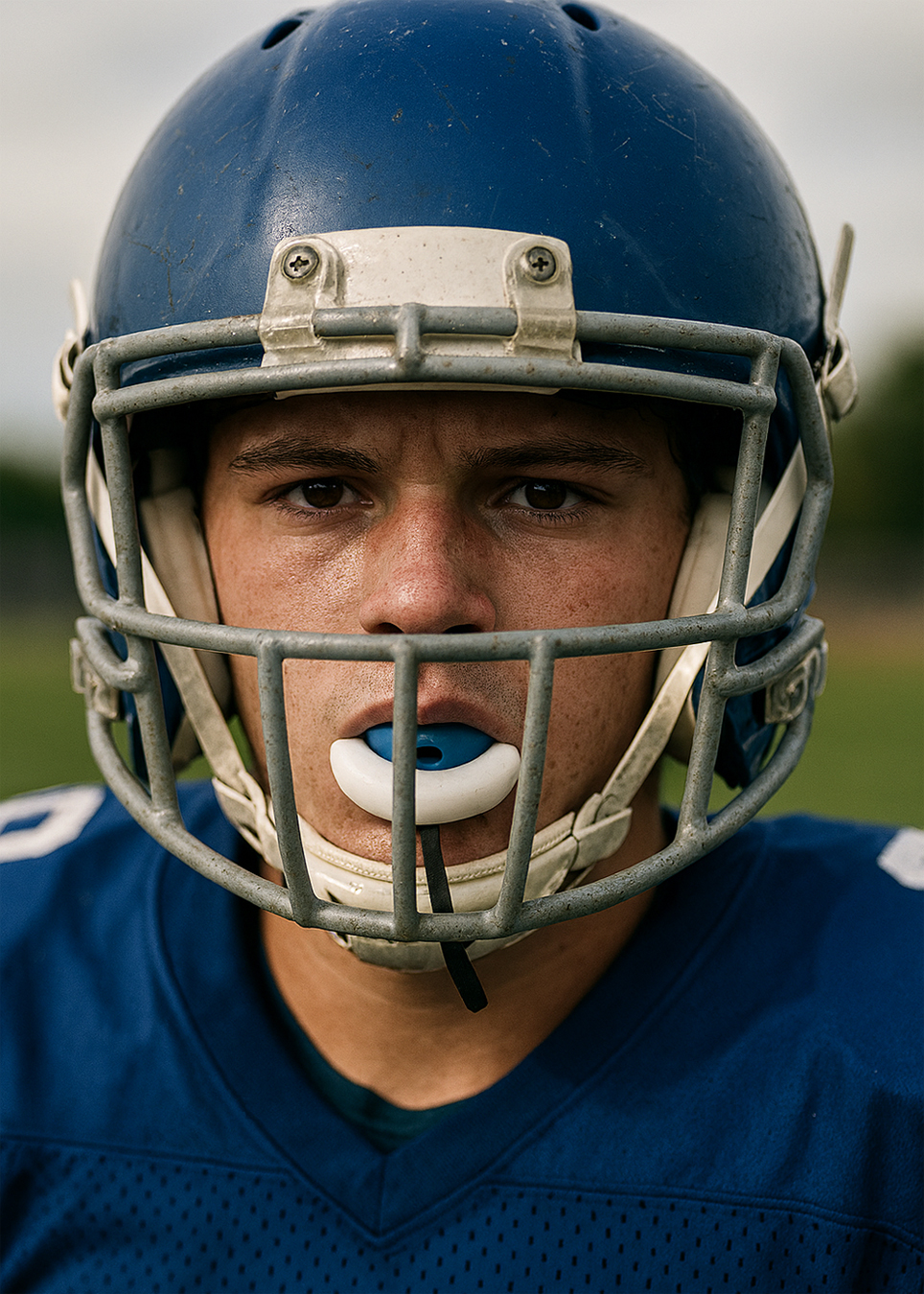An Intermountain Health sports medicine physician wants parents and athletes to know the signs of a concussion, and how to properly treat it.
(PRUnderground) August 25th, 2025

Back-to-school can also mean back-to-sports for many students. Intermountain Health wants athletes, parents, and coaches to know the signs of a concussion, and how to properly treat it.
A concussion is a mild form of traumatic brain injury which occurs after a sudden jolt or blow to the head. Symptoms can include:
- Dizziness
- Confusion
- Disorientation
- Memory loss
Darren Campbell, MD, a sports medicine physician at Intermountain Utah Valley Hospital in Provo, Utah, explains that person doesn’t have to be knocked out to experience a concussion. A study by the US Centers for Disease Control found that of high school athletes who suffered concussions, 40 percent report their coaches didn’t know the symptoms.
Symptoms can get worse before they get better, and last days or weeks. Parents may notice some changes in the behavior of their child including:
- Having trouble focusing in school
- Being more tired than usual
- Having trouble sleeping
- Sensitivity to light or noise
Dr. Campbell says people should watch out for severe symptoms including double vision, vomiting, loss of consciousness, slurred speech or strange behavior. If someone experiences these, they should seek emergency medical care.
Utah law requires that any athlete suspected of a concussion must be removed from the event and cannot return to play until being cleared by a qualified healthcare provider.
What makes diagnosing the severity of a concussion difficult is that doctors often don’t know what an athlete’s cognitive function was before their brain injury. That’s why experts suggest doing tests to determine a baseline of cognitive function before the season starts.
Treating a concussion can be complicated, and changes from person to person.
Dr. Campbell says one of the more important steps are rest, and to follow a regular sleep schedule. This also means avoiding late nights.
Athletes should not continue to play their sport and can recover faster if they get rest. Proper nutrition and appropriate exercise that does not aggravate symptoms or have risk of physical contact are also helpful.
For more information on concussion treatments or to find an Intermountain Health provider, click here.
About Intermountain Health
Headquartered in Utah with locations in six states and additional operations across the western U.S., Intermountain Health is a nonprofit system of 33 hospitals, over 400 clinics, medical groups with some 4,600 employed physicians and advanced care providers, a health plans division called Select Health with more than one million members, and other health services. Helping people live the healthiest lives possible, Intermountain is committed to improving community health and is widely recognized as a leader in transforming healthcare by using evidence-based best practices to consistently deliver high-quality outcomes at sustainable costs. For up-to-date information and announcements, please see the Intermountain Health newsroom at https://news.intermountainhealth.org/.
The post Concussions: What Athletes and Parents Need to Know from Intermountain Health first appeared on
Original Press Release.




